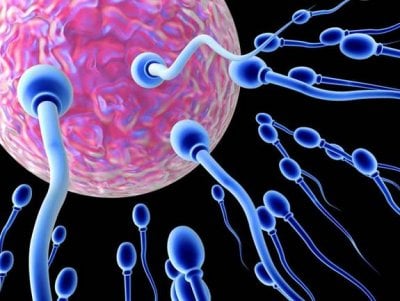Nelson Vergel
Founder, ExcelMale.com

Coenzyme Q-10:
Coenzyme Q10 supplementation in infertile men with low-grade varicocele: an open, uncontrolled pilot study.
Festa R, et al. Andrologia. 2014.
Abstract
Many conditions associated with male infertility are inducers of oxidative stress, including varicocele. Antioxidants, such as coenzyme Q10, may be useful in this case. To evaluate the antioxidant capacity of seminal plasma of infertile men with varicocele before and after an oral supplementation with coenzyme Q10 , 38 patients were recruited from a pilot clinical trial. A standard semen analysis was also performed at baseline and 3 months after an oral supplementation with exogenous coenzyme Q10 100 mg per die. Seminal plasma antioxidant capacity was measured using a spectroscopic method. Coenzyme Q10 therapy improved semen parameters and antioxidant status. This study highlights the importance of oxidative stress in the pathogenesis of male infertility, namely in varicocele, and strengthens the possibility of the usefulness of the antioxidant therapy.
Carnitine:
L-Carnitine Increases Sperm Motility and Quality
Ginger + Cinnamon
Ginger plus cinnamon increase sperm count and quality in rats with diabetes
Antioxidants
Antioxidants may boost fertility in men


















